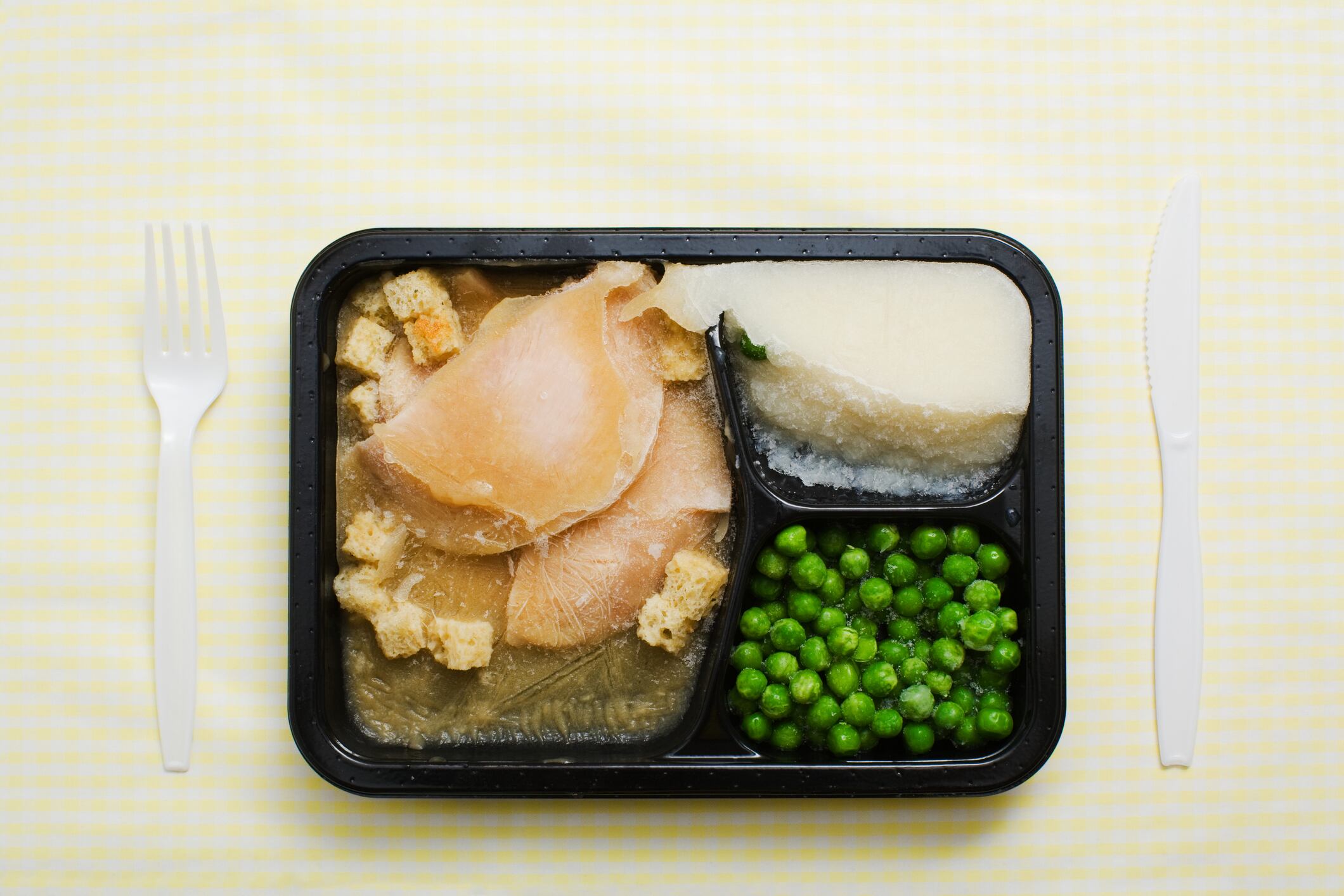The fightback against the misuse of ultra-processed food (UPF) and NOVA classification terminology to demonise food and drinks confused as ‘unhealthy’ by consumers has begun.
An open-letter penned and signed by leading academics and nutritionists, Professor Dr Daniel Hannelore and Professor Thomas Henle, calls out the problems caused by improper use of the terms and urges food and nutrition scientists to stop using UPF and NOVA in their work.
“This view is primarily based on populist and sometimes sensationalised portrayals of findings from observational studies, which report presumed positive associations between UPF consumption and various diseases – or even a higher mortality risk – in large cohorts across different countries," the open letter reads.
As a result of the rhetoric, but not limited to, around two-thirds of European consumers now believe UPF consumption is bad for health and contributes to obesity, diabetes and other diseases.
“We do not represent the side of industry, but that of science,” said Henle. “Science must be objective, neutral and verifiable. The NOVA classification and the term ‘ultra-processed food’ do not meet these criteria.”
The problem has been compounded by the media’s “simplified interpretation” of the findings, which often fails to mention the “many aspects necessary for the correct scientific categorisation of the findings”, continues the letter.
‘Controversial NOVA classification’
“This includes, on the one hand, the level of evidence these observations provide and, on the other hand, the fact that the categorisation of a food as UPF or ‘ultra-processed’ is based on the scientifically controversial NOVA classification.”
It was “disconcerting” and “difficult to understand” the increased and uncritical use of UPF in scientific studies, especially within renowned scientific publications.
The letter makes no bones about the shortfalls of the NOVA classification system, coined by professor Carlos Monteiro, pointing out the community continues to use it, despite the broad understanding of its shortcomings.
“The development of the NOVA classification by Carlos Monteiro was guided by a clear (health) political agenda,” the letter reads.
“It was accompanied by strong criticism of major food corporations, which allegedly produce so-called ultra-processed foods solely for the purpose of profit maximisation.”
The NOVA classification, especially group four, is subjective and often inconsistent, the scientists argue, claiming it doesn’t reliably reflect the degree of industrial processing due to a lack of objective metrics and criteria.
UPF classification relies on many points
They point out the classification relies mainly on the number and type of ingredients, including additives and say foods like wholegrain bread, plant-based drinks, and baby food are labelled as ‘ultra processed’ alongside sausages and soft drinks.
“In our view, adherence to a scientifically unsubstantiated classification system, combined with efforts to suppress discourse on the scientific foundations of the NOVA system and the blanket discrediting of critics as ‘industry-affiliated,’ is incompatible with the principles of good scientific practice,” the letter reads.
Ultimately, the authors ask colleagues to refrain from using UPF in scientific discourse on nutrition or in evaluating the impact of food processing on quality and nutrient content.
“Science must be objective, neutral, and verifiable,” they argue. “The NOVA classification and the term ultra-processed food do not meet these standards.
Well-founded dietary recommendations require a differentiated analysis of nutrient composition and specific ingredients. Food and nutrition science must rely on evidence-based concepts and not be guided by popularised terminology."
Professor Dr Daniel Hannelore is formerly chair and director of physiology of human nutrition at Technical University of Munich Freising, Germany.
Professor Thomas Henle is chair of Food Chemistry, Technische Universität Dresden, Dresden, Germany.


